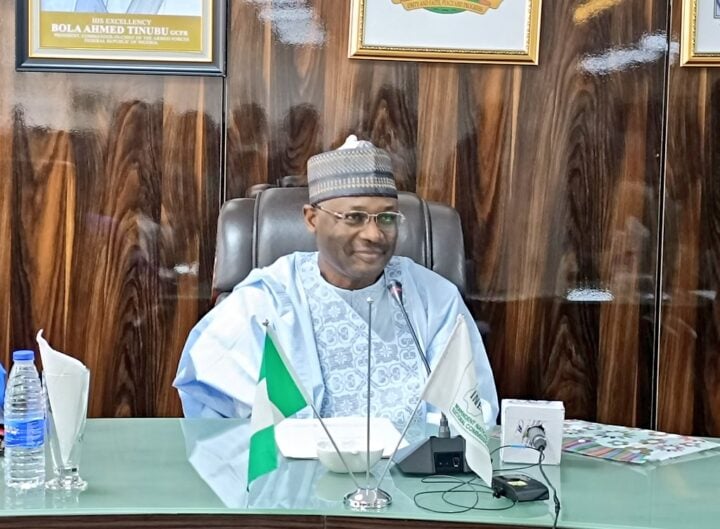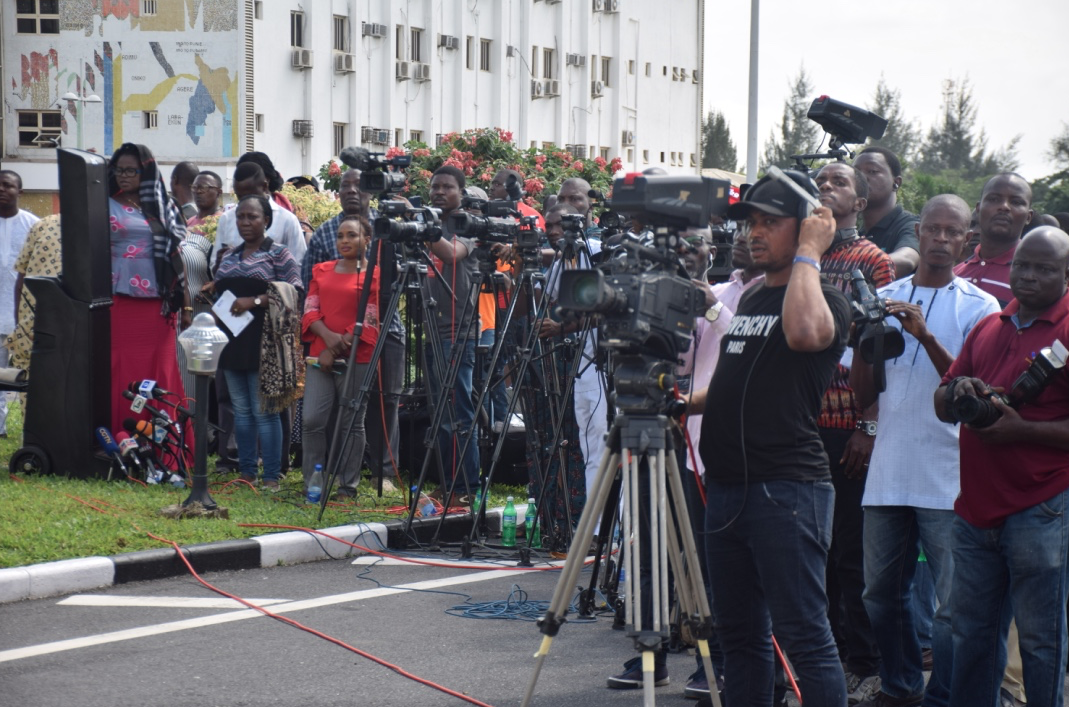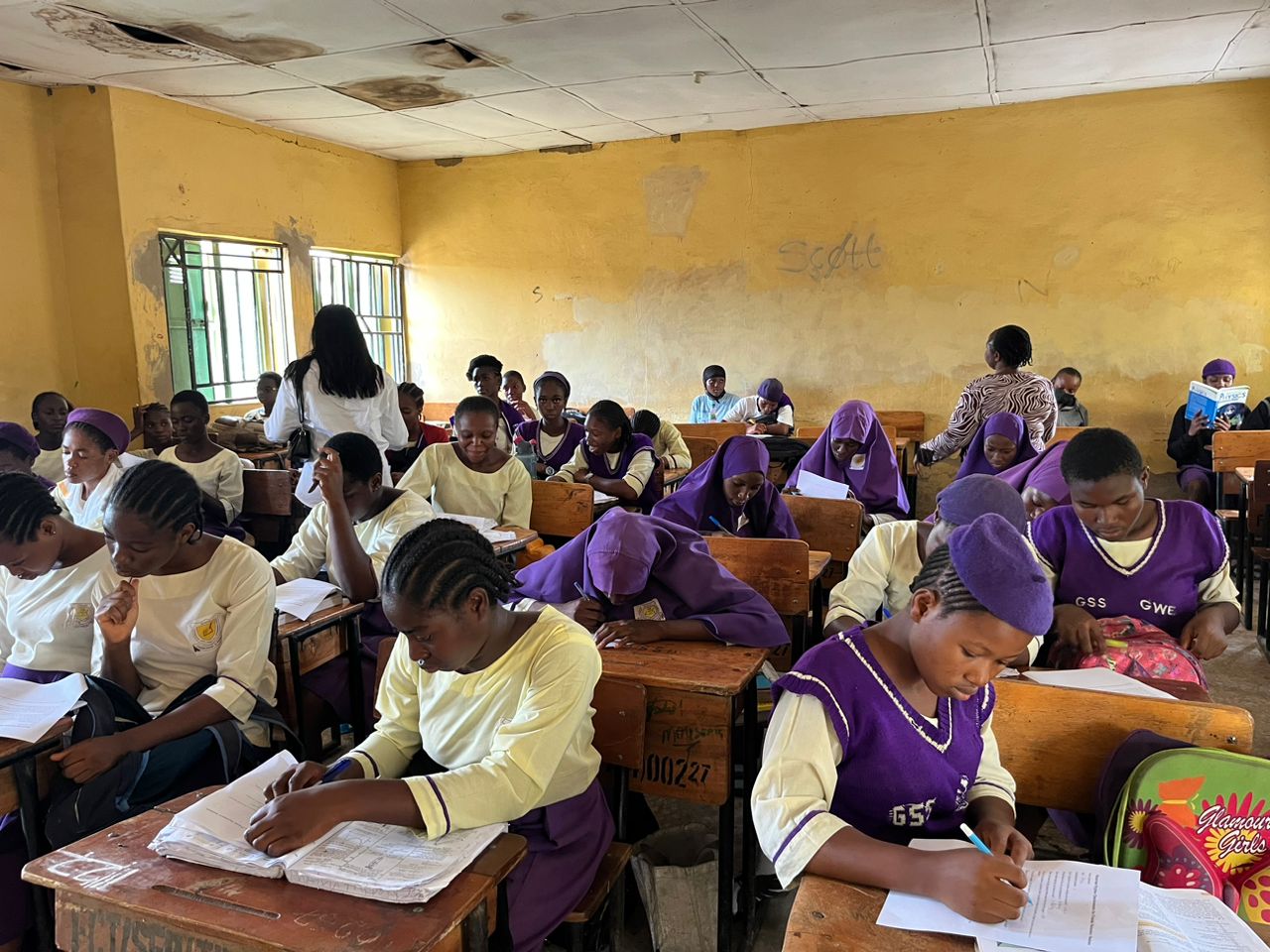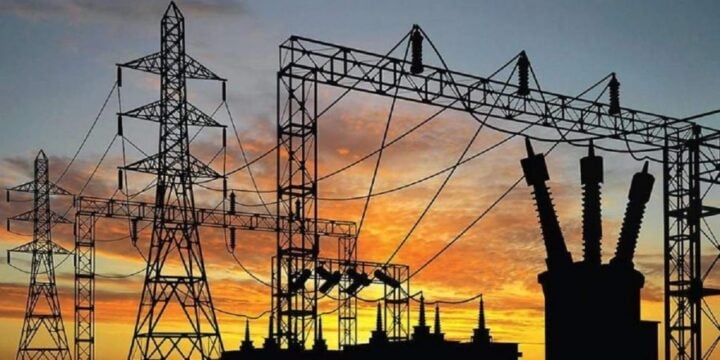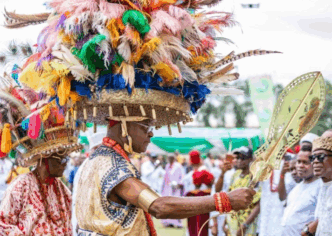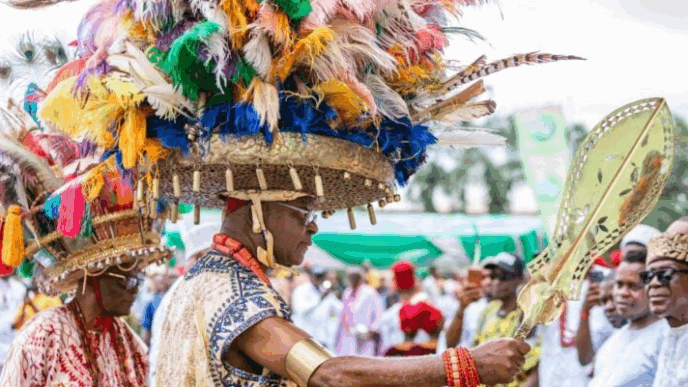Mahmood Yakubu, outgoing INEC chairman
BY EZENWA NWAGWU
After 10 eventful years at the helm of the Independent National Electoral Commission (INEC), Mahmood Yakubu bowed out on Tuesday.
His tenure, however, will be a subject of discussion for years to come. Some have asked: What legacy will Mahmood be remembered for?
The answer, of course, depends on where one stands. What is clear, though, is that under his leadership, the commission evolved, and Nigeria’s elections took bold technological steps forward.
Advertisement
While a few, perhaps, have focused on what went wrong under his leadership, it is worth pausing to look closely at what quietly improved. Nigeria’s elections are far from perfect, but the journey from where we were a decade ago to where we are today tells a story worth acknowledging.
Many of the new voters who cast their ballots for the first time in 2023 may not fully appreciate how chaotic elections in Nigeria once were. Not long ago, voting days were often marred by violence, intimidation, ballot-snatching, and widespread manipulation of results.
One of the rarely talked about reforms under Mahmood Yakubu came in 2016 with the abolition of the old practice of the “accreditation and later voting” system.
Advertisement
Previously, voters were first accredited in the morning and then asked to return later in the day to cast their ballots. This system often created opportunities for manipulation, as elections went deep into the night, allowing politicians to disrupt the process or influence voters.
Under Yakubu’s leadership, INEC replaced it with a simpler and more secure system of continuous accreditation and voting where voters are verified and immediately allowed to cast their ballots. The change reduced overcrowding at polling units, closed loopholes for rigging, and improved both the efficiency and credibility of the voting process.
However, one of the most enduring legacies of Mahmood Yakubu’s INEC is the introduction of over 20 technological innovations, most notably the bimodal voter accreditation system (BVAS) and the INEC result viewing portal (IReV).
The BVAS substantially reduced voter identification fraud, and with IReV, election results are now available to researchers, journalists, and interested parties in real time.
Advertisement
These innovations did not come without consequences. INEC under Mahmood Yakubu faced fierce resistance from political elites who were uncomfortable with reforms that reduced their stranglehold over election outcomes.
The gradual improvement in Nigeria’s elections, which gave more power back to ordinary voters instead of political godfathers, unsettled those accustomed to controlling the system.
In response, a wave of coordinated media attacks targeted the commission and Mahmood personally, aiming to undermine public confidence in both his leadership and the institution he led.
Still, amid the media pressure, INEC continued its work, introducing new measures and refining existing ones. Yakubu’s leadership was far from perfect, but there was a steady effort to make the system more transparent.
Advertisement
And while flashy gadgets like BVAS and IReV often grabbed the headlines, they were only part of the story. Under Mahmood Yakubu’s watch, a range of less visible but equally important reforms were introduced, laying the foundation for improvements that will shape Nigeria’s elections for years to come.
The 2023 elections, the most keenly contested in recent times, gifted the country the most politically diverse legislature since the return to democracy in 1999, with close to 40 percent of seats in the house of representatives and 20 percent in the senate going to opposition parties.
Advertisement
In the same election, seven incumbent governors lost to candidates contesting for the national assembly. These outcomes were no coincidence; they were the result of deliberate reforms.
It cannot be overlooked that the then-incumbent President Muhammadu Buhari, who appointed Mahmood, lost his state of origin, residence, and workplace to the opposition in the 2023 general election. Similarly, the current president lost his home states, Lagos and Osun, to opposition candidates.
Advertisement
Take another example: the 2023 governorship election in Abia. When Alex Otti was declared the winner, it was more than just another electoral victory; it was a small but powerful symbol of how Nigeria’s electoral system has been learning, adapting, and gradually improving.
Reports of massive irregularities in Obingwa LGA prompted INEC, using powers granted under the Electoral Act 2022, to review the contested results. That moment captured the slow, sometimes painful, but real evolution of Nigeria’s elections.
Advertisement
Before the 2023 elections, once a returning officer made a declaration, even if under duress or based on fake figures, INEC’s hands were effectively tied.
Aggrieved candidates often spent months or years in court, while controversial winners benefited from incumbency. The Electoral Act 2022 changed that, giving INEC the legal authority to step in quickly and correct obvious abuses.
When Mahmood took over from Attahiru Jega in 2015, one of his earliest and most important tasks was to consolidate INEC’s gains while preparing the commission to navigate an increasingly complex political landscape. He signalled from the start that his approach would be both cautious and forward-looking: preserving what worked and innovating where necessary.
Mahmood built on the foundation laid by Jega while introducing far-reaching reforms that shaped the architecture of our elections. One of his smartest moves was retaining and institutionalising some of the technical depth that drove the Jega reforms.
He worked closely with intellectual heavyweights like Okechukwu Ibeanu and Abubakar Kuna, who brought continuity, rigour, and stability to INEC’s internal systems. He also expanded civic engagement by integrating civil society organisations into the commission’s consultative mechanisms.
Throughout his tenure, he worked with 12 other national commissioners and 36 resident electoral commissioners, whose collective contributions advanced Nigeria’s democratic process. Together, they consolidated Jega’s gains while deepening the use of technology to promote transparency and credibility.
I agree with those who argue that INEC under Mahmood did not spend enough time highlighting its successes, leaving it a soft target for criticism during elections. Mahmood could have done better with public issues management and political communication.
The commission’s silence or slow response during critical moments created avoidable vacuums, even when the operational facts were defensible. In an era where narrative often shapes reality, effective communication is not optional; it is strategic.
As someone who has invested in our country’s democracy and election for decades, in my view, Yakubu Mahmoud leaves behind a legacy that blends consolidation with innovation.
Even Mahmood’s fiercest critics would admit that leading such a body, one that constantly attracts intense political, public, and international interest, is no small task. In an environment as charged as Nigeria’s electoral space, there is simply no way to satisfy all interests at once.
Ezenwa Nwagwu is the executive director of the Peering Advocacy and Advancement Center in Africa (PAACA).
Views expressed by contributors are strictly personal and not of TheCable.
